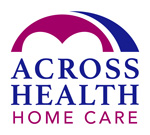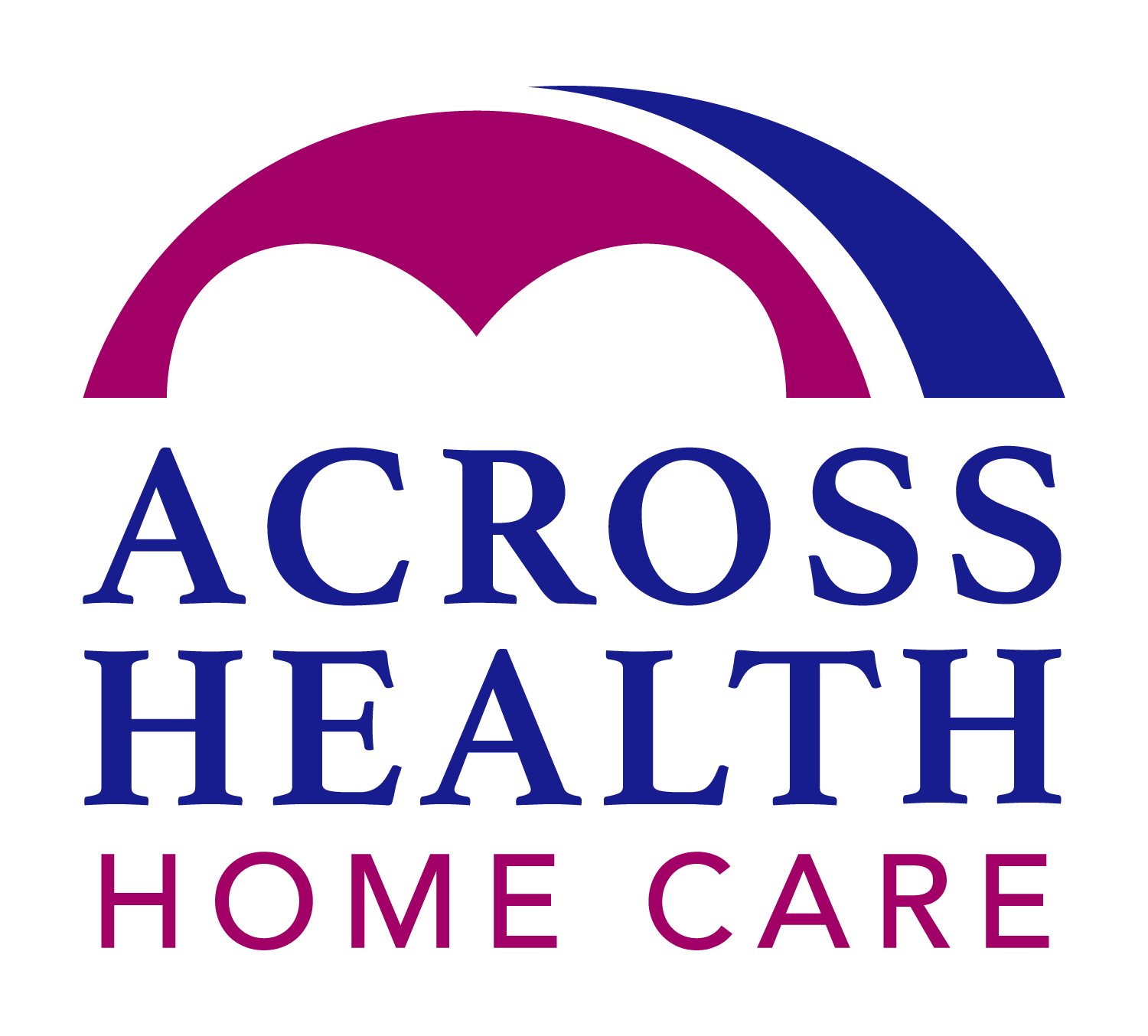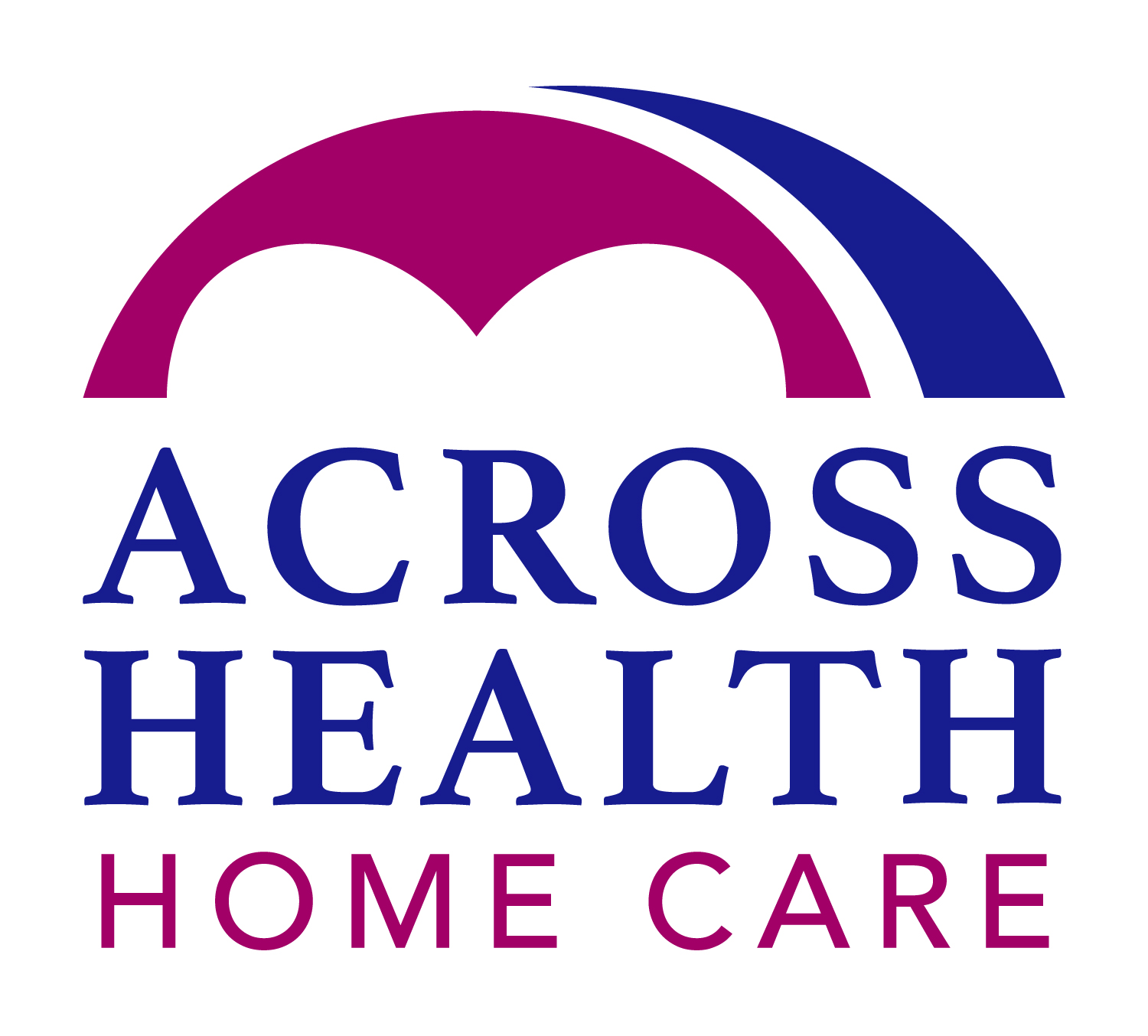13 Aug National Immunization Awareness Month

August is here! August is National Immunization Month (NIAM). NIAM is a yearly observance in August to highlight the importance of vaccination for people of all ages from infants to elderly. The goal of NIAM is to raise awareness about the important role vaccines play in preventing serious, sometimes deadly, diseases.
Vaccines protect us from dangerous preventable diseases like Chickenpox, Flu, Hepatitis, Measles, Mumps, Meningococcal, Pneumonia, Shingles, Pertussis (whooping cough), Polio and more. Vaccines not only help protect us and those we love from getting these diseases, they also help prevent spreading diseases to those that are unvaccinated.
Why are vaccines so important?
- Vaccines protect against serious diseases.
- These diseases still exist and outbreaks do occur.
- Vaccines are recommended throughout our lives.
- Vaccines are very safe.
- Who all needs vaccines? Everyone!
Children:
- Getting vaccinated according to the recommended immunization schedule is one of the most important things a parent can do to protect their child’s health. Diseases can quickly spread among groups of children who aren’t vaccinated. Whether it’s a baby starting at a new child care facility- or even a college freshman – parents should check their child’s vaccination records.
- When children are not vaccinated, they are at increased risk for disease and can spread disease to others in their play groups, child care centers, classrooms and communities – including babies who are too young to be fully vaccinated and people with weakened immune systems due to cancer and other health conditions.
- Babies receive vaccinations that protect them from 14 different diseases. After age 2, children are still recommended to receive a yearly flu vaccine and will be due for additional vaccine doses between 4 and 6 years of age. Make sure your child receives every dose along the way and every dose on time!
- States may require children who are entering child care or school to be vaccinated against certain diseases. Colleges and universities may have their own requirements, especially for students living in a dormitory. Parents should check with their child’s doctor, school or the local health department to learn about the requirements in their state or county.
- For more info on children: https://www.cdc.gov/vaccines/parents/index.html
Preteens and Teens:
- By making sure vaccines are up to date, parents can send their preteens and teens to middle school and high school – and also off to college –with protection from vaccine preventable diseases.
- Preteens and teens need four vaccines to protect against serious diseases:
- quadrivalent meningococcal conjugate vaccine to protect against meningitis and blood infections (septicemia);
- HPV (human papilloma virus) vaccine to protect against cancers caused by HPV;
- Tdap vaccine to protect against tetanus, diphtheria, and whooping cough (pertussis); and
- a yearly flu vaccine to protect against seasonal flu.
Adolescents and Adults:
- All adults should get vaccines to protect their health. Even healthy adults can become seriously ill, and can pass certain illnesses on to others.
- Everyone should have their vaccination needs assessed at their doctor’s office, pharmacy or other visits with healthcare providers. Certain vaccines are recommended based on a person’s age, occupation or health conditions such as asthma, chronic obstructive pulmonary disease (COPD), diabetes or heart disease.
- Vaccination protects the person receiving the vaccine, but also helps prevent the spread of disease, especially to those that are most vulnerable to serious complications such as infants and young children, elderly, and those with chronic conditions and weakened immune systems.
Seniors:
- Seniors may need one or more vaccines, even if they received vaccines as a child or as a younger adult. Ask your doctor which ones are right for you. Don’t forget if you are traveling, you may need additional vaccines.
- For more information: https://www.vaccines.gov/who_and_when/
Remember the Flu Vaccine:
- Vaccines protect you all year round, but August is a great time to get vaccinated! August is also a good time for you and your family to make plans to get the flu vaccine. The vaccine usually becomes available in mid- to late-August. Getting the vaccine early can help prevent you and your family members from getting the flu throughout all of flu season. You can learn more about the flu and flu vaccine at Flu.gov.
- When taking yourself and your family for your flu shots, you can also ask your health care provider about other routinely recommended vaccines you might need. Make sure that the whole family is up-to-date on their DTap/Tdap and MMRV boosters too!
Different Covid Vaccines:
Vaccines are now widely available. In most cases, you do need an appointment. Do not wait for a specific brand. Learn how to find a COVID-19 vaccine so you can get it as soon as you can.
All currently authorized and recommended COVID-19 vaccines:
- are safe,
- are effective, and
- reduce your risk of severe illness.
CDC does not recommend one vaccine over another.
Remember, it’s NAIM! Vaccines are the best defense we have against these and other serious diseases, and it’s important to make sure that you’re up to date on all recommended vaccines. Use National Immunization Awareness Month as your chance to make sure that all your vaccinations are current!



